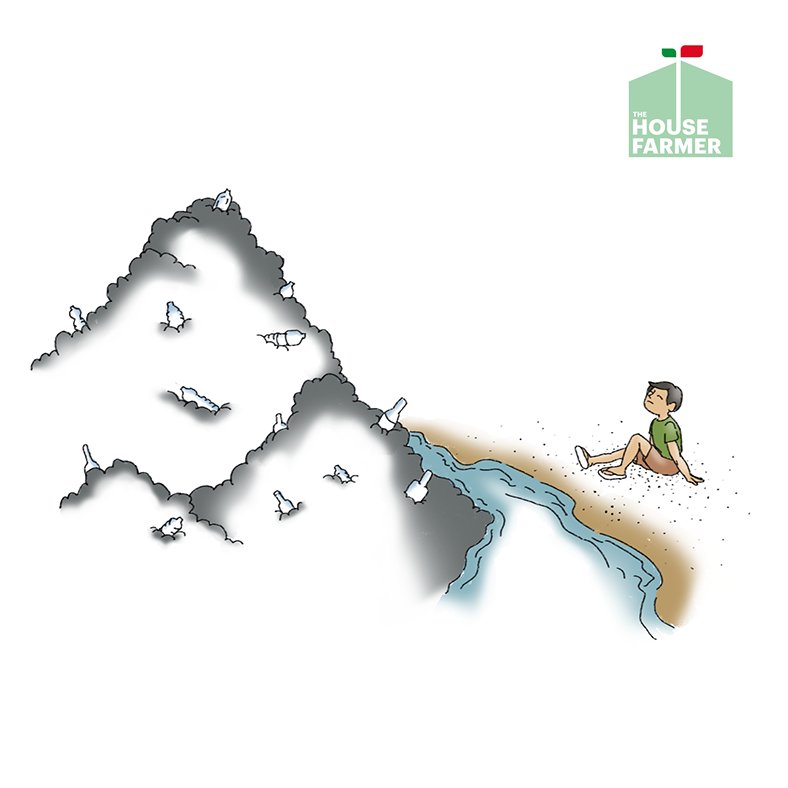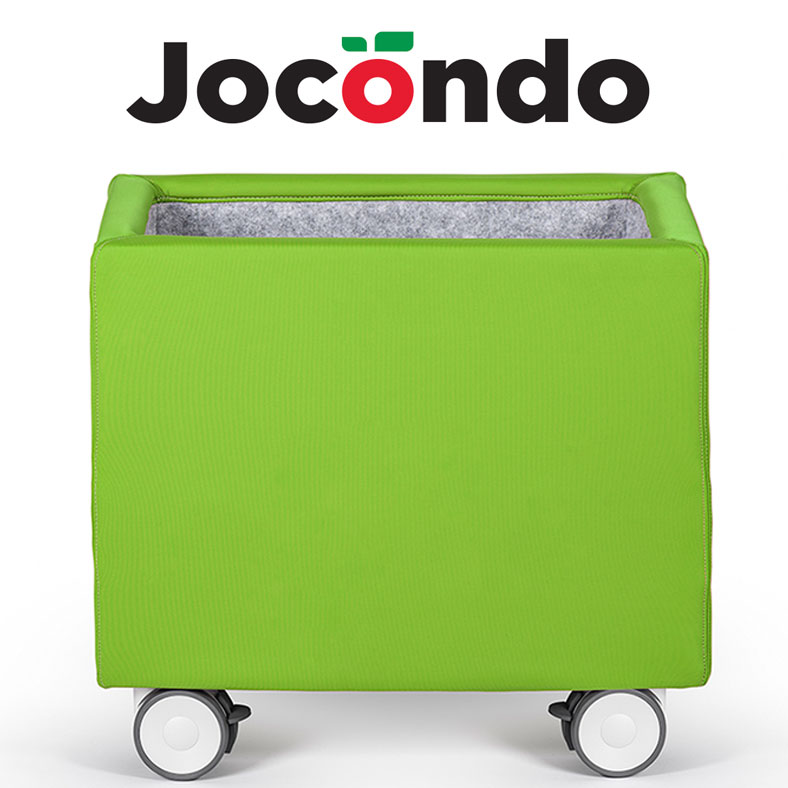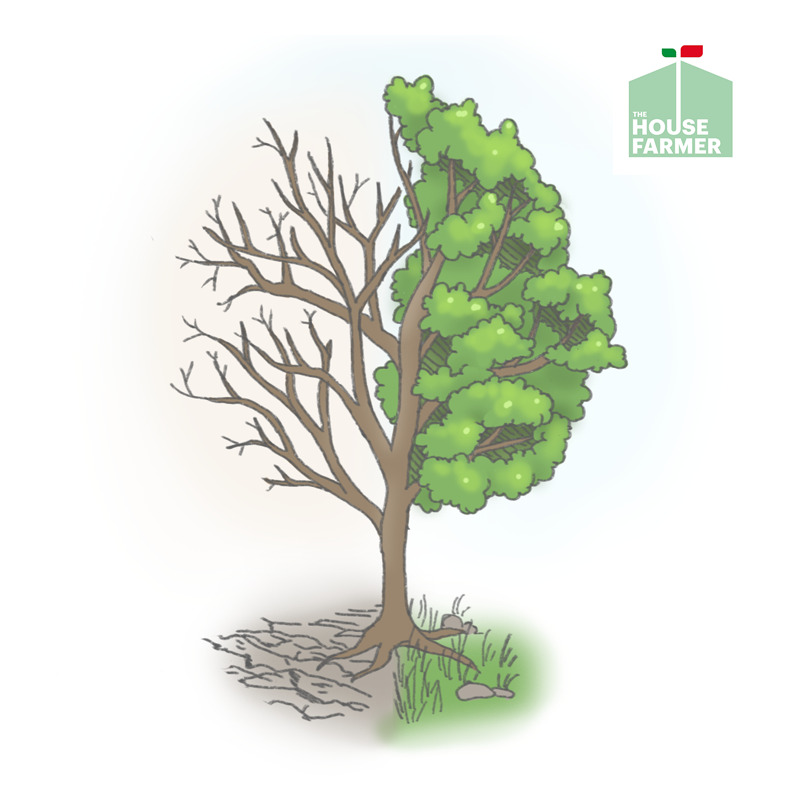
Sustainable balcony garden: less impact on the earth #meandgrandma3
Cities, smog and sustainable balcony garden
My grandmother lived right in front of the sea so we did not need a sustainable balcony garden at that time. The air was clean and the soil naturally fertile. Pollution was not a problem, and yet, although we sometimes didn’t’ observe the rule, especially when it came to tomatoes, grandma always told us we should wash vegetables before eating them. And we little ones obeyed.
The problem in the cities is the fine particulate dust which can be deposited on the leaves and fruits as the balconies and terraces are not always sheltered from the smog. In most cases it is enough to wash the crops thoroughly, that is if you do not live in a particularly polluted area; however unfortunately today this often also applies to areas far away from the cities as well, and in Italy we know this well. When I water my plants at night I always remember to carefully sprinkle the leaves so as to get rid of any dust.
A balcony garden using recycled plastic
The issue of pollution is important and I realize that today more than ever it is crucial to eliminate plastic from the natural environment, eliminate pollution, eliminate pesticides, free nature from the burdens we have imposed on it for years and which have now become too complex to manage. I also realize how difficult it is to live with such a term as “zero impact”. My garden is important in this sense as well: I try to use pots made of recycled plastic, to water it optimizing consumption, I try to avoid any kind of chemical element and guarantee, even in a small way, a balanced exchange between what nature gives, and what nature takes. The issue of plastic is quite clear to me. People who know more about the topic than me (not my grandmother in this case) have explained that plastic is important and that we must recycle and optimize it. By this I mean that recycling and collecting are a resource not to be underestimated and for which we must fight, making sure we don’t throw plastic where it should not end up.
Smog and sustainable balcony garden
I honestly do not think that smog is a problem for my crops, perhaps because I am located on the internal facade of the building, or maybe because my terrace is particularly exposed and is often naturally washed by the rain. However, a friend of mine planted the seed of doubt in me so I did a bit of research. Yet, even the websites I rely on to gather more information were not able to convince me that my vegetables are more polluted than those that undergo complete cycles of phytotherapeutic treatments and are easily found in supermarkets. With a bit of effort the pollution problem in our cities can easily be overcome more easily by growing crops on our balconies than by an intensive production of vegetables which are sold everywhere by large chain stores.
A pot? No. A container? No. A balcony vegetable garden!
Since I started growing vegetables on my balcony I have tried a wide range of containers. Grandma used to say that terracotta vases are the best because as they are porous they allow for greater ventilation of the lower layers of soil as well as retaining more moisture. But she lived by the sea and the plants she grew in pots were mainly herbs. All the rest was grown in the earth. With my balcony I have discovered that terracotta vases are both heavy and delicate. I am petite and have difficulty moving them, they also tend to get dirty easily. Fibre glass vases are lighter and easier to move but they tend to overheat the contents. Being of a natural material, wooden containers guarantee a good level of transpiration but with time they deteriorate. I use vases made of terracotta and plastic. I joined THE HOUSE FARMER project, specifically because I wanted to find a vase/container that was new and different. I wanted it to have a sustainable balcony garden with pots easy to use, practical and appealing, well designed and above all recycled and recyclable. Alas, I cannot just live off air… and what I consume, added to what you consume and he or she consume, all add up to finally produce what we ALL consume; and there are an endless number of people who don’t realize that even a small gesture could make a difference. This way of thinking is what I am fighting, because although it is true it is not possible not to consume, it is also true that we can do so in a more intelligent manner. Everybody’s goal should be to have as little impact as possible on nature.
A pot, a container, a bed which is environmentally friendly
A container which is environmentally friendly but at the same time practical and guarantees humidity and, why not, also looks good… I have yet to find one. Often, if I go away for a few days, I come back to find disaster. Dead or dehydrated plants, especially during the summer when I like to take a few days off. If possible, I would love an urban vegetable garden that waters itself…. An urban vegetable planter with all these characteristics does non exist… Well, let’s say I haven’t found it yet.
So, I offered to contribute in coming up with something new and useful together.
Read also: #meandgrandma4
Discover Jocondo The Smart Garden and register for the presale to get it at the lowest price ever.



